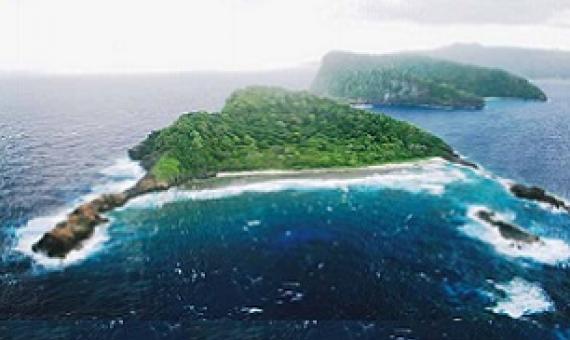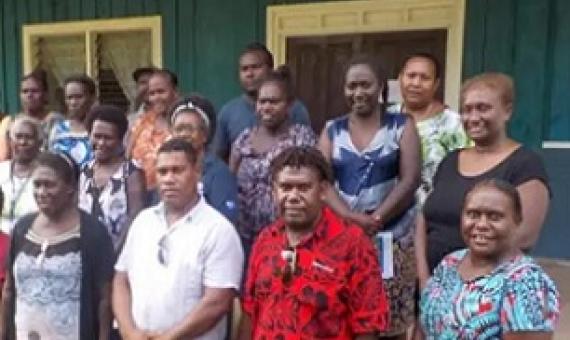Both biodiversity and the people in river-associated communities are under severe stress the world over. Across the globe, 30% of freshwater fish are classified as being at risk...Populations of river fish are threatened by pressures on land and water resources.
The Organization for Economic Co-operation and Development has published its annual report on global fisheries, outlining how governments are addressing the key challenges faced by their fishing sectors and suggesting priorities for action at the national and international level.
A first of its kind training was held this week in Port Vila from the 1st to 4th of December.
Estimating the number of fish in the sea is a wet, cold, and inexact business. To gauge how populations are faring—a critical part of managing fisheries—researchers typically drag a large net behind a ship, counting and measuring what they catch.
The Scientific and Statistical Committee (SSC) of the Western Pacific Regional Fishery Management Council will set the acceptable biological catch for the American Samoa bottomfish fishery for fishing years 2021-2022.
A Lord Howe chief has called on the Ministry of Fisheries to return the beche-de-mer that were confiscated on Tuesday night this week back to the owners.
A global network of marine protected areas for food
Marine protected areas (MPAs) are conservation tools that are increasingly implemented, with growing national commitments for MPA expansion. Perhaps the greatest challenge to expanded use of MPAs is the perceived trade-off between protection and food production. Since MPAs can benefit both conservation and fisheries in areas experiencing overfishing and since overfishing is common in many coastal nations, we ask how MPAs can be designed specifically to improve fisheries yields.
A new study, published in the Proceedings of the National Academy of Sciences, found that protecting an additional 5% of the ocean can increase future fish catch by 20% or more. Growing up in a fishing community in the Philippines, lead researcher Dr.
WorldFish celebrated the International Day of Rural Women in Western Province by bringing together women’s leaders to discuss their role in fisheries.
A sustainable ocean economy in 2030: Opportunities and challenges
In this report the World Ocean Initiative assesses the challenges facing key sectors in the ocean economy, including seafood, shipping, tourism and renewable energy. We look at the role of banks and investors in financing the transition towards clean, low carbon technologies, as well as opportunities in data and analytics. We examine solutions to marine plastic pollution from source to sea, and the ocean’s potential to remove carbon from the atmosphere and increase resilience to the impacts of climate change.

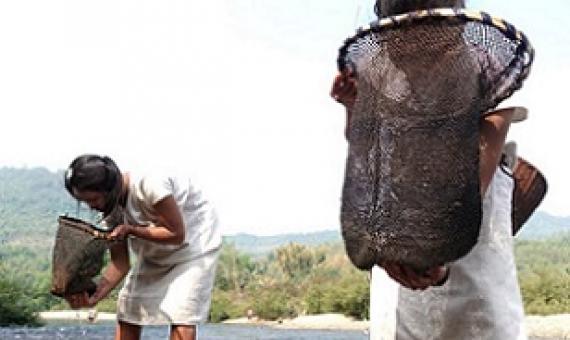
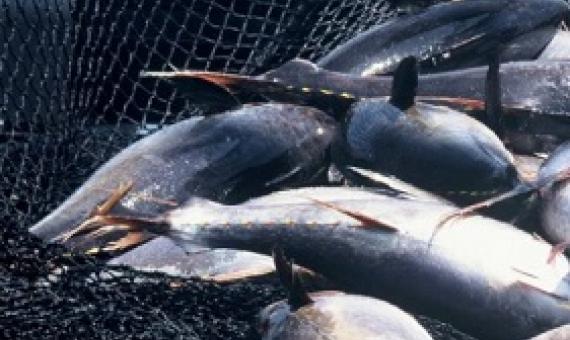
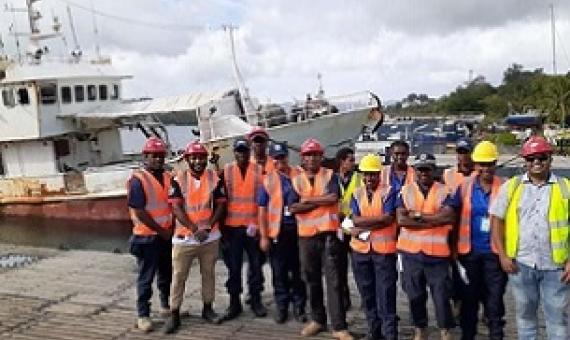
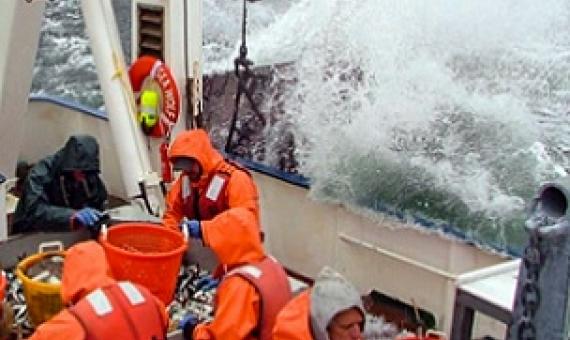
![The SSC will set the acceptable biological catch for the American Samoa bottomfish fishery for fishing years 2021-2022. [courtesy photo]](/sites/default/files/styles/news_teaser/public/BottomfishCATCH_AS.jpg?itok=8gv3f3zi)

